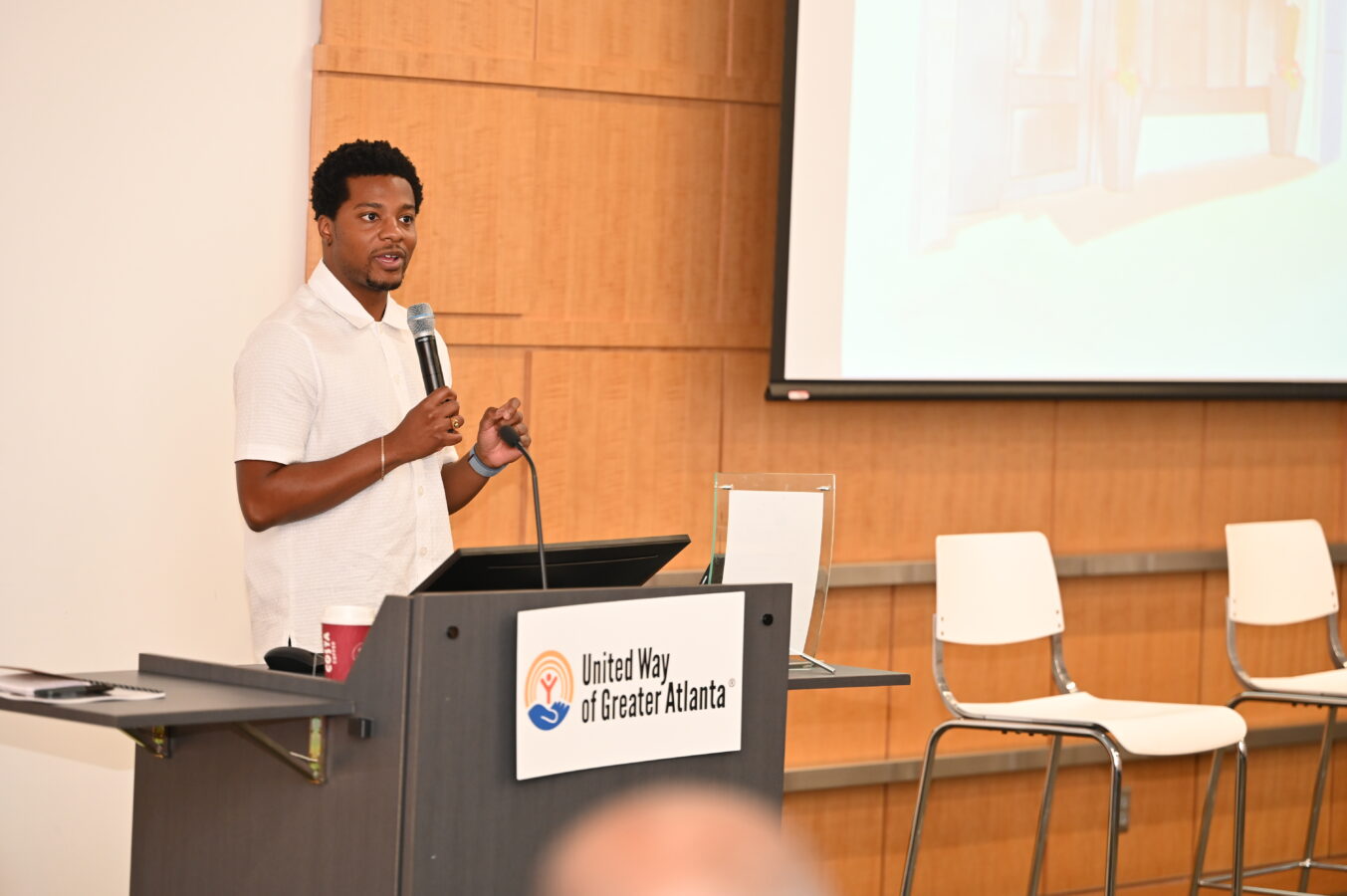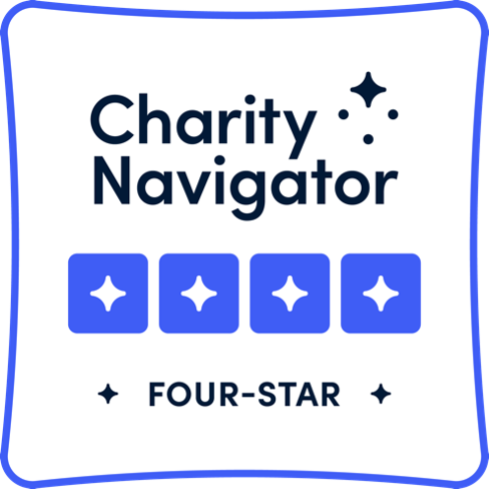As United Way continues to champion the child well-being movement in Greater Atlanta, we can’t ignore the incredible impact of Black-owned businesses on our communities. The recent report by the Atlanta Wealth Building Initiative (AWBI), “Standing on Business: Black Businesses are the Key to Unlock Neighborhood Well-Being,” by Jarryd Bethea, MPP, and Alex Camardelle, Ph.D., dives deep into this topic. Commissioned by United Way of Greater Atlanta, this report highlights how Black-owned businesses are essential to the social and economic fabric of Atlanta’s neighborhoods.

Our Child Well-Being Index provides a comprehensive evaluation of child well-being in Greater Atlanta’s 13 counties. The new report uses the Child Well-Being Index to measure this impact, revealing that for each additional Black-owned small business per 1,000 Black residents, the child well-being score for that neighborhood increases by approximately 1.8 points. This translates to an approximate 4% increase in the child well-being score, indicating a significant positive relationship between the density of Black-owned businesses and child well-being in Atlanta’s neighborhoods.
At United Way of Greater Atlanta, we recognize the challenges and the opportunity to improve child well-being. That’s why we’ve launched Building Resilient Entrepreneurs. This initiative is all about empowering small business owners with workshops, mentorship, resources, savings matches, access to capital, and networking opportunities.
Key findings from the report
Here are some highlights that show just how crucial Black-owned businesses are:
- Black-owned small businesses in Atlanta contribute significantly to neighborhood well-being, including a measurable increase in child well-being scores.
- Black-owned businesses in Atlanta are disproportionately affected by rising commercial rents, making commercial affordability a significant barrier.
- There are seven Black-owned small businesses for every 1,000 Black residents in Atlanta, but these businesses earn only $0.17 for every $1.00 earned by other small businesses.
- The majority of Black-owned businesses in Atlanta have fewer than 20 employees and face challenges accessing capital due to systemic barriers.
- Commercial rents in majority-Black neighborhoods have increased at a faster rate than in majority-white neighborhoods, contributing to the displacement of Black-owned businesses.
To tackle these issues, the report suggests policy changes like a vacancy tax, rental assistance programs, and developing smaller retail spaces to support Black-owned businesses.
Harnessing the full potential of Black-owned businesses to create resilient communities
Despite their positive impact, Black-owned businesses face severe challenges. The findings from the “Standing on Business” report and the 2023 Child Well-Being Index converge on a critical insight: Black-owned businesses are not just economic entities but vital community assets that enhance neighborhood well-being. By supporting these businesses, we can create more resilient, vibrant communities where children and families can thrive.
To harness the full potential of Black-owned businesses in promoting neighborhood well-being, it is essential to implement the policy recommendations outlined in the report. Policymakers, community leaders, and stakeholders must work together to create an environment where Black-owned businesses can flourish.
The future of our high-need neighborhoods depends on the success of these businesses. By supporting them, we can unlock the full potential of our communities and ensure a brighter future for everyone.
Read the full brief here.
To join in United Way of Greater Atlanta’s work to improve the well-being of all communities across Greater Atlanta, donate today or get involved.
Written by Alvin Glymph, VP of Strategic Partnerships at United Way of Greater Atlanta





